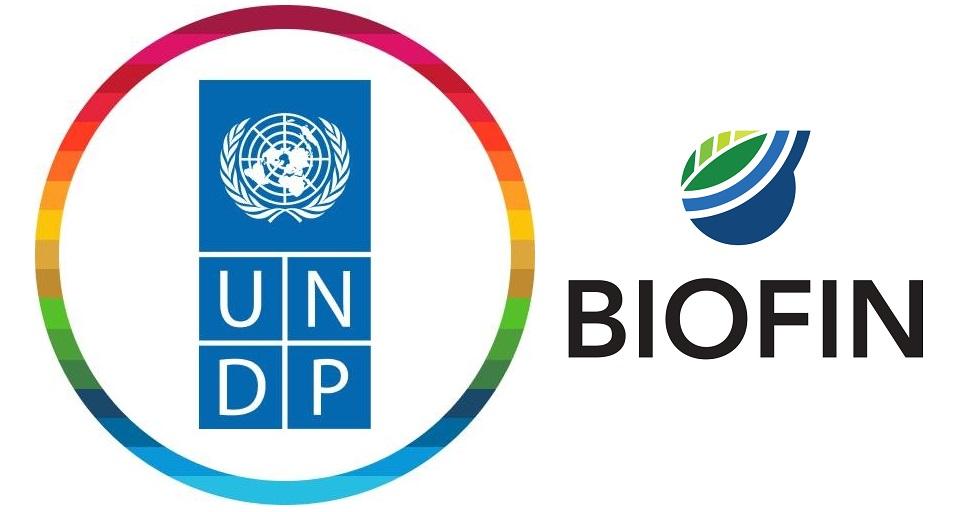Ex-Mindoro lawmaker named Champion of Change by UNDP’s BIOFIN

A former Mindoro lawmaker was recognized by the United Nations Development Programme's Biodiversity Finance (UNDP BIOFIN) for her advocacy in working on measures for biodiversity protection and conservation.
Former Occidental Mindoro congresswoman Josephine Ramirez-Sato was named “Champion of Change” by BIOFIN, a UNDP-managed initiative working with governments and the private sector to narrow the financing gap for biodiversity conservation by promoting investments in biodiversity to protect nature, create jobs, reduce pandemics, and combat climate change. It recognizes individuals who play a catalytic role in policy processes and act as true agents of change.
Sato authored the bill that became the National Integrated Protected Areas System (E-NIPAS) Act, which increased the number of legislated protected areas from 13 to 107. As a result, new protected areas became eligible to access public funding estimated between $1 million and $10 million per year.
She also authored bills that promoted biodiversity protection and conservation across the country, such as banning mining on Mindoro Island and expanding the coverage of marine protected areas, including the Apo Reef Natural Park located in Sablayan, Occidental Mindoro.
“Our forests, rivers, and streams, the trees and the animals that thrive in the forest, as well as the rich marine wildlife in our coastal and marine environment need to be protected. To do this, we need to put our money where our mouth is and find ways to finance biodiversity,” Sato said.
The former lawmaker was featured in the UNDP BIOFIN Workbook 2024: Finance for Nature, released in October.
She was joined by three others: vice president of the National Indigenous Board of Costa Rica Doris Rios; former Minister of Environment in the State of Jalisco in Mexico Sergio Graf Montero; and Mutumboi Mundia, a pivotal figure in Zumbia’s biodiversity finance landscape and capital market development.
To be selected as Champions of Change, a candidate should be involved in the BIOFIN process from an early stage. BIOFIN in the Philippines began in 2014, which Sato has been a part of.
“As a BIOFIN Champion, Congresswoman Sato continues to support tamaraw conservation within congressional fora, as well as site-level work in the province of Occidental Mindoro through the Together for Tamaraws crowdfunding campaign,” the brief citation for the lawmaker stated.
At least P24 billion, or $530 million, is needed to complete the implementation of the Philippine Biodiversity Strategy and Action Plan 2015-2028.
However, the current level of spending on biodiversity only amounts to P5 billion ($100 million) per year, which leaves an 80% financing gap.
BIOFIN identifies, accesses, combines, and sequences various sources of biodiversity funding to meet national needs and targets. — Mariel Celine Serquiña/BM, GMA Integrated News




